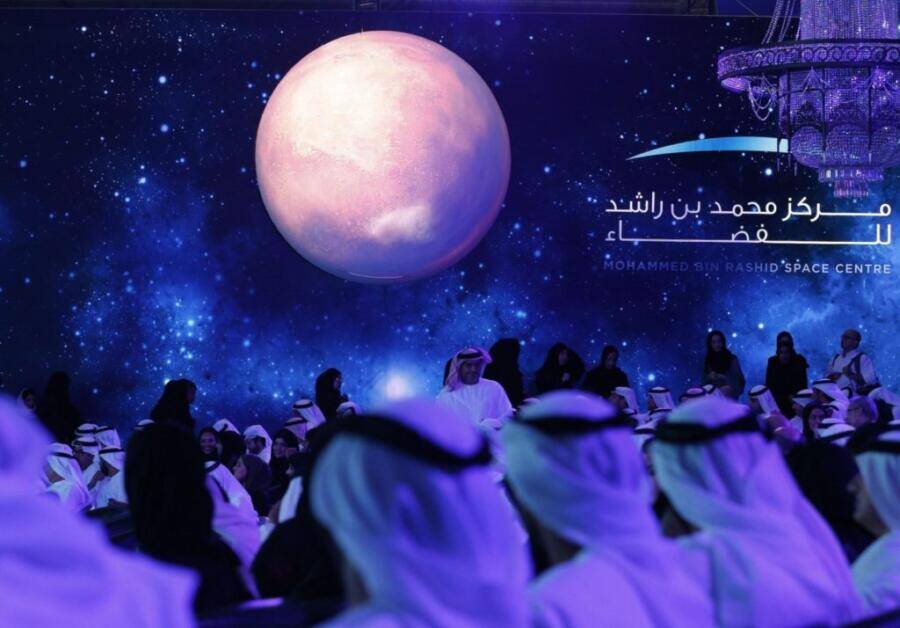Google and Loon has sent balloons to stratosphere to provide 4G in Kenya villages
The balloons for Internet access distribution were created by Google and Loon were sent to the stratosphere in order to provide internet to villages in Kenya.
The technology aims to allow people who are unattended or completely unattended by today’s Internet infrastructure to be able to go online, sending connections over a radius of 31,000 square miles.
Eventually, there will be 35 of the solar powered balloons hovering over Africa, with solar power allowing them to hover in the air like floating cell towers.
The technology is managed by Loon, who belongs to Google’s parent company, Alphabet. It started as one of Google’s many “fun times”, with early versions created from beer coolers and WiFi routers.
But Loon has been gradually expanding and is now finally providing commercial Internet connectivity for the first time.
At the moment, the Loon network may be inconsistent, as not all balloons have been implanted. To obtain the 35 or more that make up the initial service, more floating masts will be launched using special tools from America, before being transported by the wind currents to Kenya.
Tests have already shown that connections have downlink speeds of 18.9 Mbps, wrote chief executive Alastair Westgarth. This is comparable to some domestic Wi-Fi connections and quite easily, not only for voice calls and text messages, but also for video streaming like YouTube.
Westgarth noted that the initial tests mean that many Kenyans “are already connecting to the Internet via a balloon – although most have not noticed”. They were able to do this because the connections are part of an agreement with Telkom Kenya, launched in 2018 to provide a new commercial service.
Google says it does not want floating balloons to replace current terrestrial and space technologies for data connections. Instead, he envisions a future in which different ways to connect will be available to users, depending on their needs, serving different parts of the world, said Westgarth.




